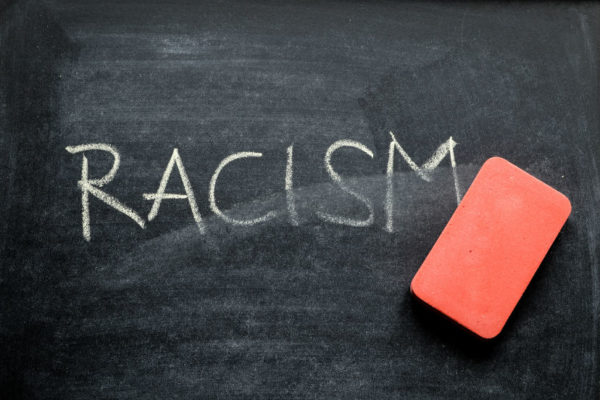In 1903, W.E.B. Du Bois observed, “The problem of the 20th century is the color line.” Now, 116 years later, this prophecy might also include the 21st century. Despite 50 years of progress in the legislative arena, this moment has seen massive resistance to structural efforts addressing racial inequality.
This retrenchment is occurring when America, and Texas, should be framing our racial diversity as social and economic advantages in an interconnected world. Texans need to become aware of how many of our neighbors are affected by institutional racism and structural inequity, and work in our spheres of influence in schools, workplaces and civic organizations to commit to anti-racist policies to eradicate racism — today.
Some believe that civil rights legislation in the 1960s eradicated racism. With increasing numbers of Native, black, Latino and Asian Americans gaining political power, one might assert these advances as a bellwether for social progress. But this is a simplistic analysis, and it does not account for the incredible advantages from intergenerational transfer of capital, much of which comes from sources early in life such as parents and grandparents.
People of color historically have been denied access to the five traditional methods of transferring wealth — business ownership, educational attainment, homeownership, financial gifts and marriage — or they have confronted barriers accessing them.
These barriers included restrictive covenants, zoning restrictions and denial of mortgages. The Fair Housing Act of 1968 outlawed these practices, but the gains in closing the racial gap from 1968 to 2000 were erased in the 2008 mortgage crisis.
Today, the national black homeownership rate is just over 40%, almost the same as in 1968, while white homeownership is 24 percentage points higher. In Texas, homeownership is distributed thusly: 8.3% black, 27.7% Latino and 58.8% white.
Homeownership and wealth lead to additional benefits such as living in neighborhoods with good public schools and access to family resources in emergencies or when starting a business. The effect of these inequities is evidenced by a study that found that between 1983 and 2016, white families’ median wealth increased about $1,000 a year. For Latino families, that increase was only $66 — but black families’ wealth actually decreased by $83.
So why do policy debates about issues such as affirmative action and immigration ignore these facts? Rather, xenophobic claims about crime and social disorder dominate our discourse. Comments such as the president’s dehumanization of asylum seekers as “animals” hearkens back to some of the darkest periods of human history.
While some think of the Ku Klux Klan as a vestige of the past, we must also heed increasing white supremacist violence in our nation. Modern white nationalists have killed innocent people in Pittsburgh, Charlottesville, Charleston, and internationally in New Zealand. This has led FBI director Christopher Wray to declare white supremacy a persistent, pervasive threat to the U.S. Indeed, Americans are more likely to be victims of white supremacist terror than radical Islamic terrorists by a 2-to-1 ratio.
The way forward is for Texans of all racial backgrounds to soberly confront the facts. What issues constitute an existential threat to our social and moral fabric? How do we work in partnership with one another to eliminate them?
We need to exercise empathy for those who experience racial discrimination. By working collaboratively to understand how race affects all of our lives, Texans can focus on dismantling racism and racial discrimination. Schools, communities, companies and civic organizations must commit to anti-racist work that focuses on our common values and embraces our differences as strengths. 2019, 400 years after the start of African slavery in the United States, is an opportune time for us to commit to this work in earnest, together.
Richard J. Reddick is an associate professor of educational leadership and policy at The University of Texas at Austin, where he also holds courtesy appointments in the Department of African and African Diaspora Studies, the Institute for Urban Policy Research and Analysis, and the Warfield Center for African and African American Studies. He is also assistant director of the Plan II Honors Program.
A version of this op-ed appeared in the Austin American Statesman.




